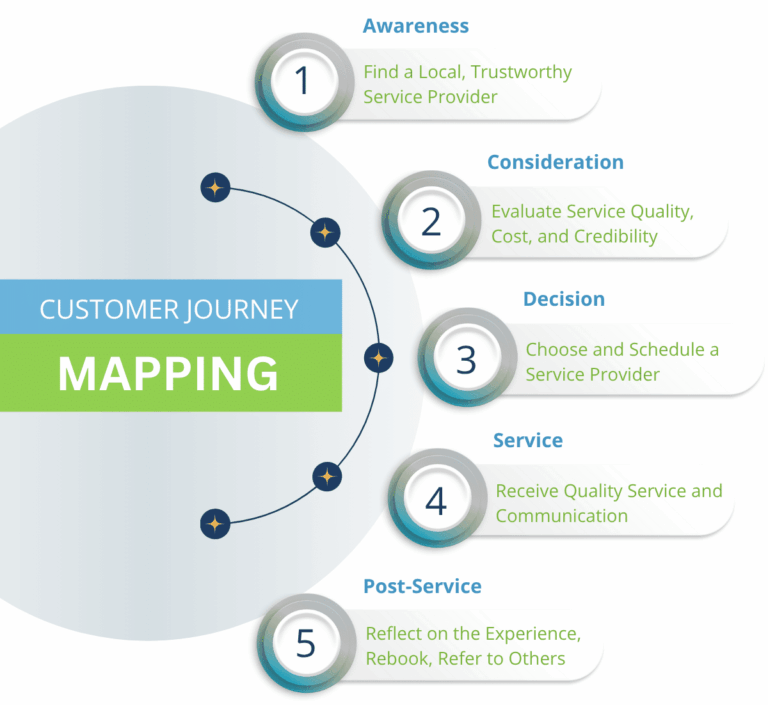
To have a truly effective website and online marketing platform, three specific goals need to be achieved: the website and social media efforts need to generate top-of-mind awareness, invite engagement, and increase conversions.
Awareness.
Top-of-mind awareness refers to the company the customer thinks of first when he or she needs a product or service. Increased awareness occurs with an increase in the following metrics…
- Website traffic volume
- Website traffic referrals
- Inbound links and volume
- Email subscriber database growth
- Social media fans, connections and followers as well as volume and influence
- Earned media coverage
Engagement.
Engagement refers to how involved the site visitors or social media connections are with what you are doing on your website, social media sites, and other online platforms. Increased engagement occurs with increases or improvements in the following metrics…
- Time spent on the website
- Repeat visits to the website
- Number of pages or posts viewed
- Website bounce rate (the number of people who leave immediately when they reach your site)
- Social engagement
- Recommendations & reviews
- The number of email opens & clicks
Conversions.
Conversions are the number of people who follow through with a desired, measurable action. Increased conversions occur with an increase in the following metrics…
- Product or service purchase
- Telephone call
- Email submission
- Request a consultation, info or quote form submission
- Download a free ebook, white paper, etc.
How Do You Stand Out & Increase Awareness, Engagement, and Conversions on Your Website?
- Understand your audience and your core competencies.
Understanding your target audience, and their needs, desires, pain points, etc., will make it easier to create content that resonates with the right audience via your branding. - Construct an online marketing plan and content calendar for your online marketing platform.
Knowing what you’re going to say and when you’re going to say it is half the battle. A content calendar helps you plan ahead. - Provide useful, relevant, and keyword-rich content on a consistent basis.
The adage: “content is king.” is a marketing guidepost that should be adhered to in all of your marketing efforts. Not only will the content help you to reach your ideal customers, but search engines reward relevant, keyword-rich content by ranking this content higher in the organic search engine listings. - Keep your website design simple, easy to use, and memorable.
Simple doesn’t have to mean boring. It means having a website that’s easy to navigate, clean, professional-looking, easy to read, and branded in a way that is memorable. - Make sure your website is responsive and optimized for multiple devices.
If your site isn’t optimized for multiple screen sizes, you’re missing traffic from the more than 40 percent of web browsers who access the Internet via their smartphones, tablets and other mobile devices. - Make sure your website is efficient and loads quickly.
Web visitors have short attention spans. If your site won’t load quickly, they’ll move on. - Include calls-to-action on every page.
Make it as easy as possible for visitors and social media connections to take action by providing calls-to-action and guiding them through your process. - Utilize landing pages and provide targeted content that is designed to convert.
Write your content in a way that encourages visitors to buy or take your desired action. - Consistently engage and share content via social media.
Make sure that you content is available to potential customers over a variety of platforms. - Measure results via analytics, and improve on an ongoing basis.
It takes time to hone and improve your online effectiveness. Fortunately, there is a lot of data available to track what’s working and what’s not. Reviewing your analytics and tracking the above metrics will help you know what works and what doesn’t.
Success at online marketing doesn’t happen overnight. As with any other skill, it takes time to develop and hone your online marketing expertise. Take some time to work on your awareness, engagement and conversions to help your bottom line.






